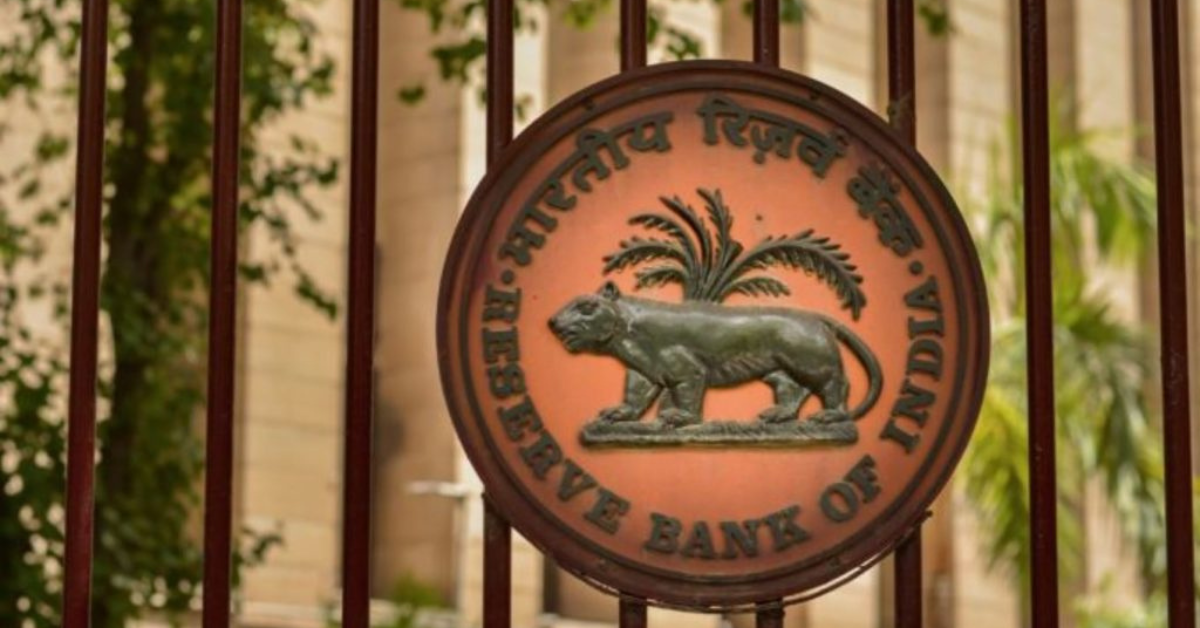The new timeline offers relief for the credit card activation implementation exercise via OTPs, breach of credit limit by card issuers and provisions of non-capitalising certain unpaid charges
Other provisions such as those concerning co-branded cards and NBFCs will be implemented from July 1, 2022
The move has been taken into consideration various representations received from industry stakeholders
As the requests from industry stakeholders seeking time and clarity over the new debit and credit card rules mount, the Reserve Bank of India (RBI) has extended the deadline for implementation of three credit card provisions to October 1, 2022.
The earlier deadline for the implementation of the ‘Master Direction – Debit and Credit Card – Issuance & Conduct Directions, 2022’ was July 1, 2022. The deadline remains unchanged for the rest of the provisions and the new timeline provides relief for the implementation on credit card activation via OTPs, breach of credit limit by card issuers and provisions of non-capitalising certain unpaid charges.
“Considering various representations received from the industry stakeholders, it has been decided to extend the timeline for implementation of [certain] provisions of the Master Direction to October 01, 2022,” RBI said in a notification. It is to be noted that the Indian bank Association had sought to extend the deadline for six months, and RBI has only granted three months’ extension.
In the first notification, the apex bank had suggested that card issuers seek OTP-based consent from the cardholder to activate a credit card only if the customer has not already activated the card within 30 days of issuance. If no consent is received, RBI has allowed card issuers to close the credit card account of the customer.
Secondly, it has asked the card issuers to maintain the sanctioned credit limit and only extend/breach if the cardholder gives his/her consent. Lastly, it had asked card issuers to not capitalise on unpaid charges, levies or taxes for the compounding of interest.
RBI further stated that the timeline for implementation of the rest of the provisions of the master direction remains unchanged.
What Remains Implementable From July 1?
On April 21, 2022, the RBI released a set of guidelines that debit or credit card issuers had to follow. While only three provisions will be implemented from October 1, 2022, the rest of the provisions and changes will be applicable from July 1, 2022.
According to the master guidelines, banks and NBFC with a minimum net fund of INR 100 Cr will only be able to become card issuers. The RBI also said that non-banking financial companies (NBFCs) will not be undertaking credit card business without the apex bank’s prior approval.
Regional rural banks (RRBs) are also permitted to issue credit cards in collaboration with their sponsor bank or other banks.
Further, card issuers will have to prescribe an interest rate ceiling in line with other unsecured loans, including processing and other charges, in respect of credit cards as part of their board-approved policy.
As for the collection of credit card payments, from third-party agencies, RBI has asked card issuers to refrain from actions that could damage their integrity and reputation and observe strict customer confidentiality.
“Card-issuers/their agents shall not resort to intimidation or harassment of any kind, either verbal or physical, against any person in their debt collection efforts, including acts intended to humiliate publicly or intrude upon the privacy of the credit cardholders’ family members, referees and friends, making threatening and anonymous calls or making false and misleading representations,” RBI has warned card issuers.
With regards to co-branding card arrangements, the role of the co-branding partner will be limited to marketing and distribution of the cards and providing access to other services to the cardholder.
Also, the co-branding partner will not have access to information relating to transactions and will not be involved with processes or the controls except being the point of contact in case of grievances.








![Read more about the article [World Autism Awareness Day] Gurugram-based CogniAble is ensuring a better quality of life for children with](https://blog.digitalsevaa.com/wp-content/uploads/2021/04/collage-1-1602139134167-300x150.png)

